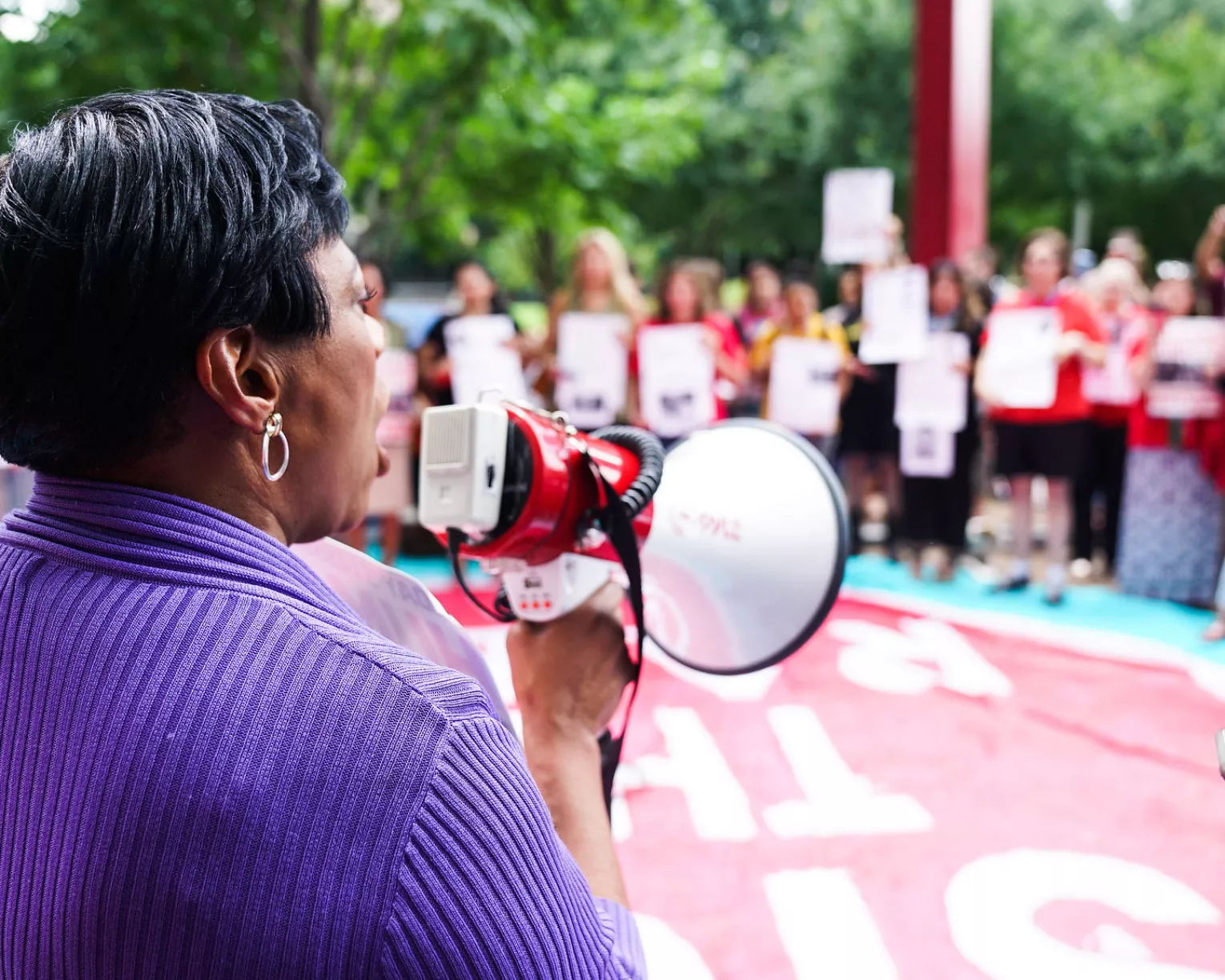NEA speaks up for the rights of students. Browse recent messages to Congressional leadership, and add your voice.
NEA monitors and takes positions on nominees for the federal judiciary, including district courts (the trial court), circuit courts (the first level of appeal), and the Supreme Court of the United States (the final level of appeal). We also take positions on nominations for Secretary of Education and other critical positions.
The nominee’s record on key issues—including public education, civil rights, and workers’ rights—determine whether we support them.
Positions that require Senate confirmation include federal judges, members of the president’s cabinet, and specified officers in federal agencies. Approval requires a simple majority—51 votes if all 100 senators are present. When there’s a tie, the vice president casts the deciding vote.
-
Confirm Judge Mustafa Kasubhai to the U.S. District Court for Oregon
Submitted on January 18, 2024
-
NEA Reiterates Support for Nomination of Julie Su as Labor Secretary
Submitted on February 27, 2024
-
VOTE NO on Linda McMahon for Secretary of Education
Submitted on February 19, 2025
Are you an affiliate?



